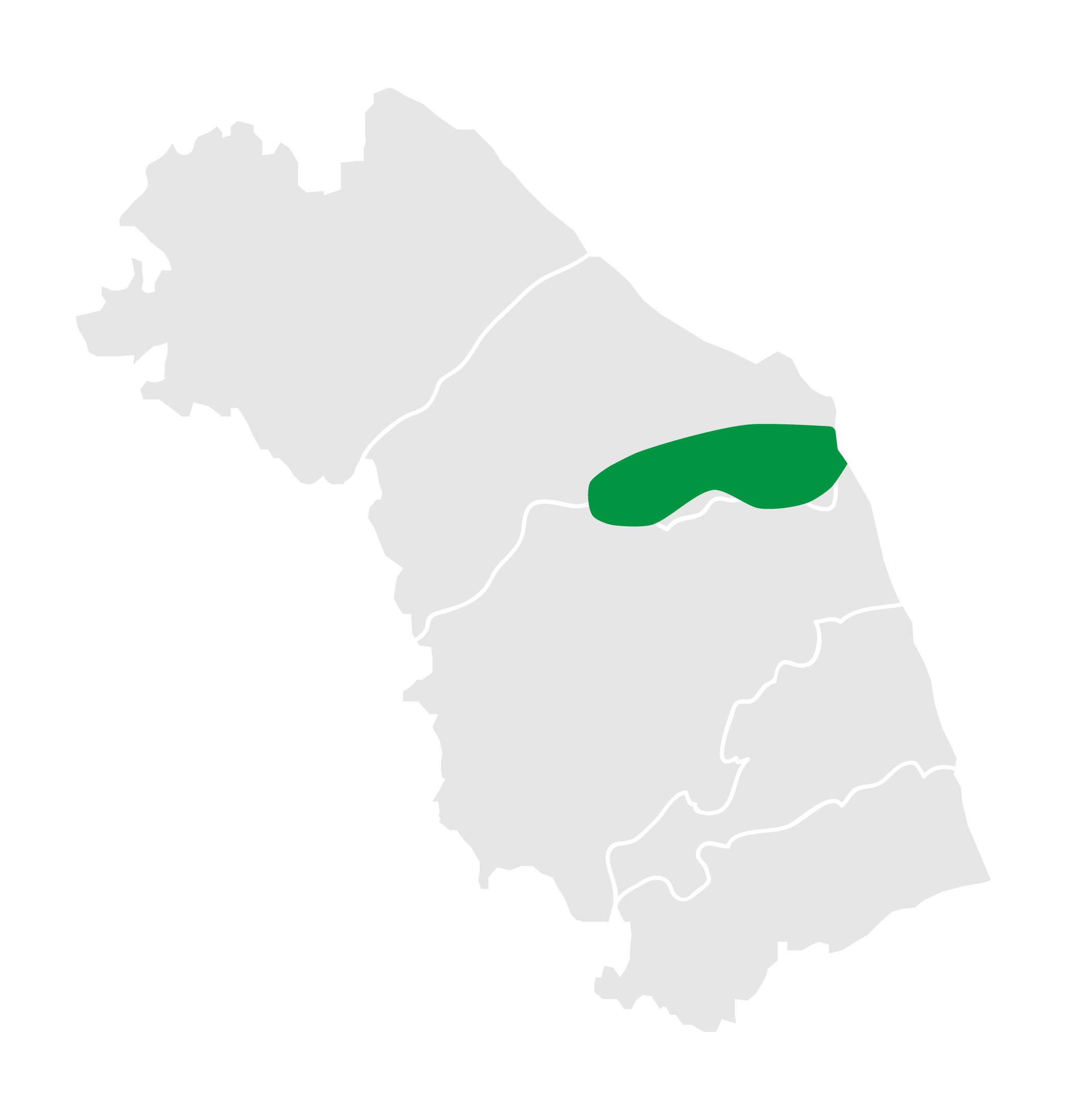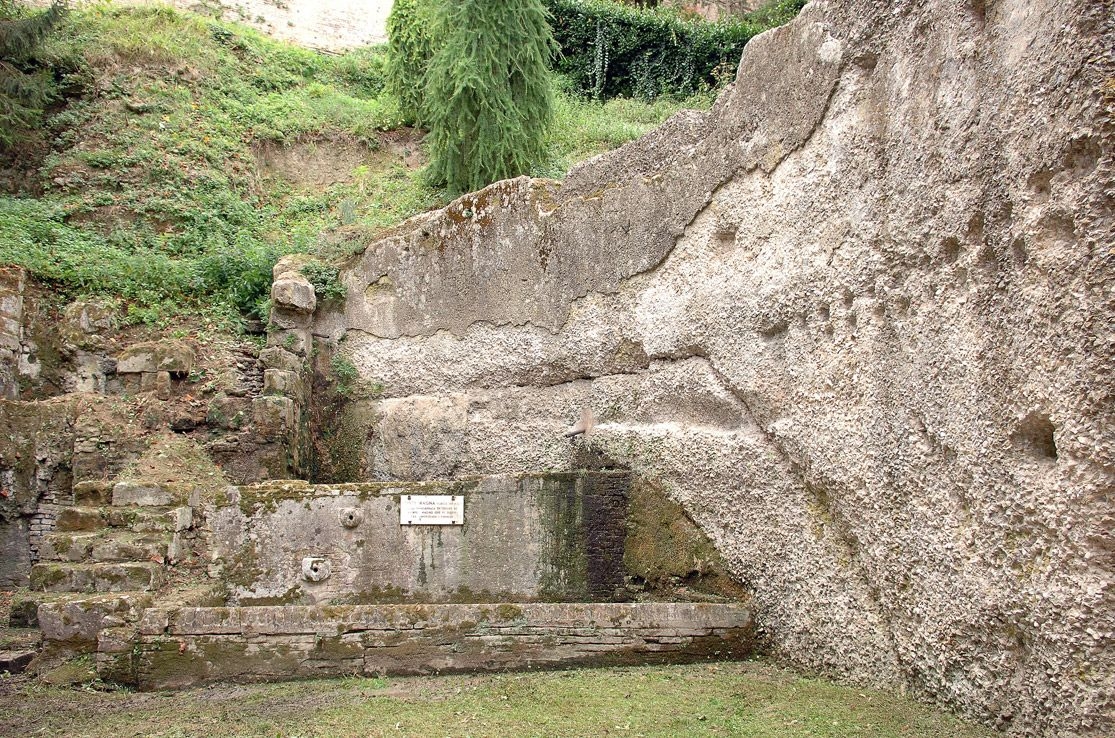
Walking in the streets and analyzing the layout of the city of Osimo, it becomes evident that the city has basically maintained the urban layout of a Roman colony over the course of time, even though this had been adapted to the morphology of the hill. The urban design springs from the Decumanus Maximus, recognizable today in Corso Mazzini and Via Matteotti, and the Cardo Maximus, currently via del Sacramento. The city forum probably stood in the area today occupied by the City Hall and Piazza Buccolino. The city was entirely delimited by an important fortified wall, made with large square blocks of local sandstone (opus quadratum), which was about 2 kilometers long and close to 10 meters high. Of this, only one part of the area, some 200 meters long, can be seen along via Fonte Magna. Three of the four urban gates which allowed entry to the city have been identified, although today they are very different, having changed over time both in name and architecture. Porta Musone is the gate in the south of the ancient wall, entered by Via Nuceria, which continued to Ancona. Exactly on the opposite side there opened another entrance, now known as Porta San Giacomo, from which the road to Ancona continued. Lastly there is Porta Vaccaro, the eastern entrance. From Via Fonte Magna, down the stone stairs, one finds the ancient Fonte Magna, now immersed in the green of mosses and ferns: this is an ancient Roman nymphaeum, dating back to the 1st century BC, consisting of a large semicircular exedra and so named because it was the first water supply of the city. This fountain is also linked to the figure of Pompeo Magno: tradition has it that he brought his horses to drink here during a short stay in the city to recruit soldiers to confront Caesar during the civil wars.
We have found no place to eat in the vicinity
We have found no place to sleep in the vicinity
Vino e olio, eccellenze dell’agricoltura e della gastronomia marchigiana, sono da sempre al centro dell’economia e dell’identità culturale locale, come testimoniano i numerosi impianti per la produzione olearia e vinicola presenti sin dall’età picena nella regione. Il viaggio alla scoperta del territorio dedicato all’antica produzione dell’olio e del vino ci conduce lungo la Salaria Gallica, strada che collegava Fossombrone ad Ascoli Piceno passando per le principali colonie romane, immerse nelle verdi colline marchigiane.

|
Address | Via Fonte Magna Osimo |

|
Opening Time | Sempre visitabile |

|
Visit Time | 45 min |

|
Entrance Fee | Liberamente visitabile |

|
Reservation Required | Sempre visitabile |

|
Viabilities | Flaminia |

|
Bookshop | no |

|
Free Guided Tour | no |

|
Guided Tour | no |

|
Parking | si, a pagamento |

|
Audioguide | no |

|
Didactic Rooms | no |

|
Conference room | no |

|
English language | no |

|
Public Transport | no |

|
Family Services | no |






